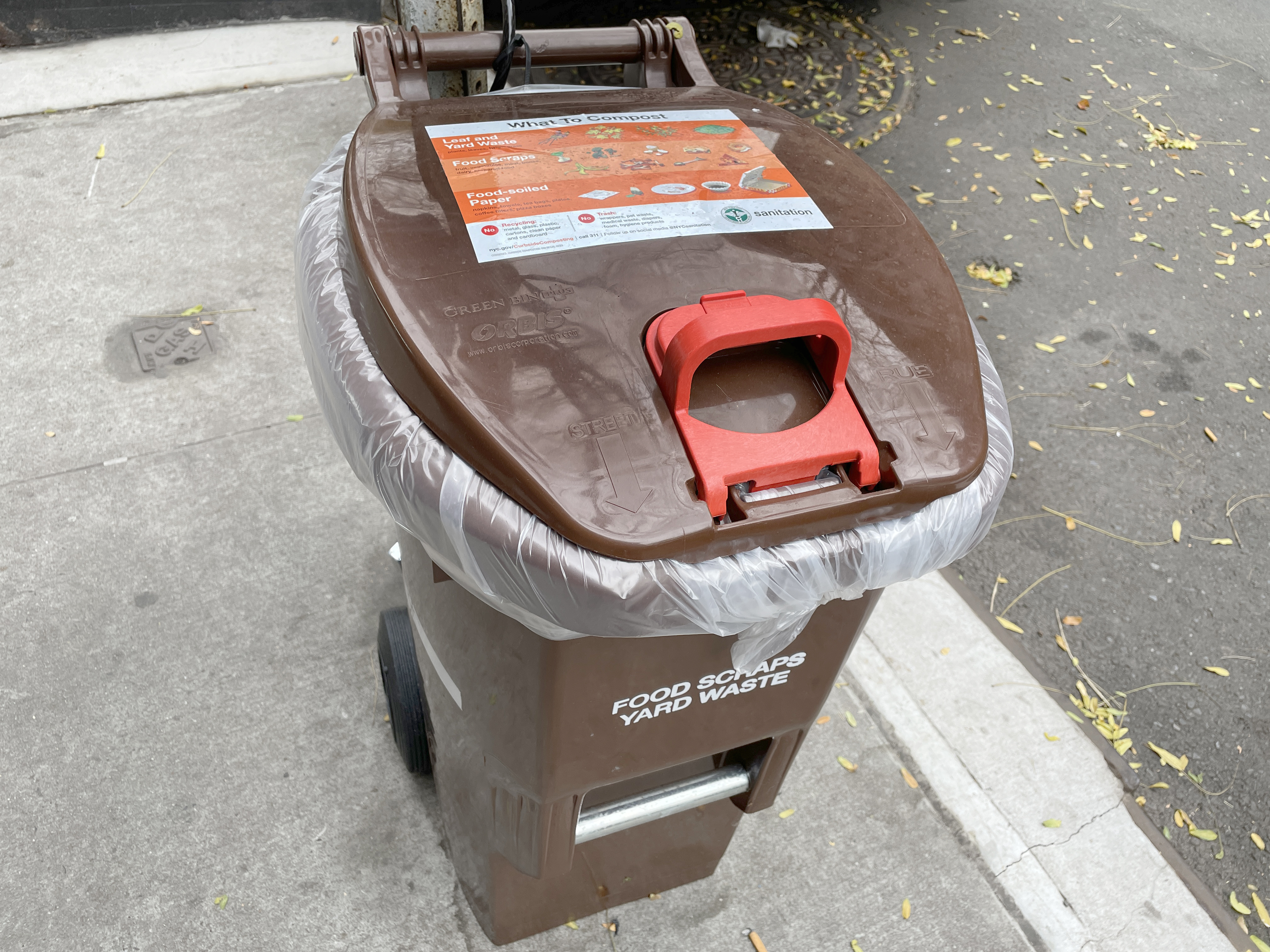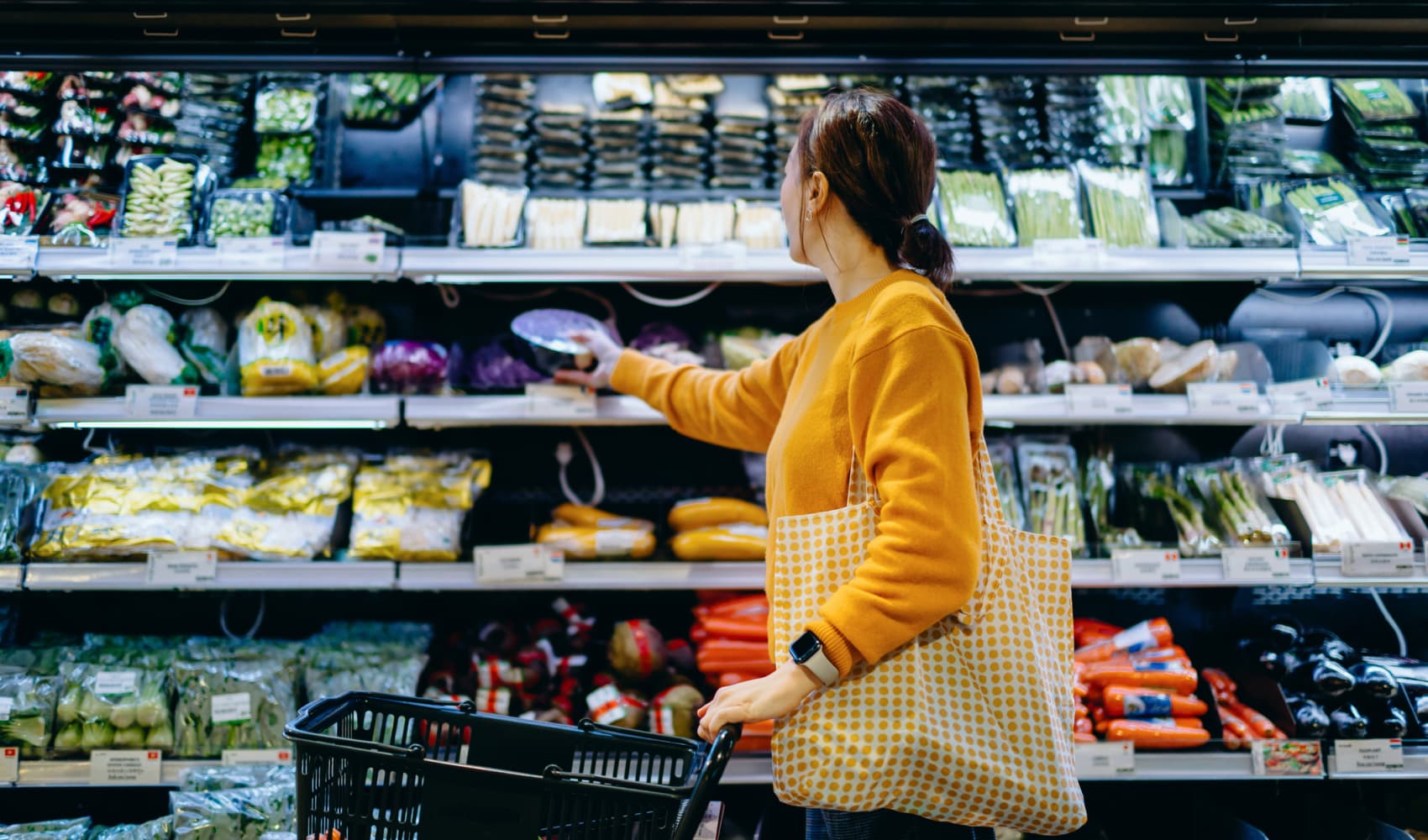NYC Composting Fines Delayed: What You Need To Know!
NYC Composting: Breathe Easy, Fines on Hold (For Now!)
A Reprieve for Reluctant Composters: What's Going On?
Okay, New Yorkers, let's talk trash – or, more specifically, what used to be trash. The city's ambitious composting program, aimed at diverting food waste from landfills, hit the ground running (or rather, rotting) in April. But if you've been secretly tossing those banana peels and coffee grounds into the regular garbage, you've caught a break. The Department of Sanitation (DSNY) isn't cracking down with fines just yet. Think of it as a grace period, a chance to get your composting act together before your wallet feels the pinch.
The Law of the Land: Mandatory Composting in NYC
Let's rewind a bit. Back in October 2024, a law passed by the City Council mandated composting across the five boroughs. The goal is simple: reduce landfill waste and create a more sustainable city. The initial implementation kicked off in April 2025, with the understanding that residents would start separating their food scraps from regular garbage. But the law included a warning period, a sort of "soft launch" before the real consequences (read: fines) came into play.
The $25 Question: Why the Delay?
So, why the temporary reprieve from fines? Well, it's not about the city suddenly deciding composting isn't important. It's more about recognizing that changing habits takes time. Implementing a city-wide program of this magnitude requires public education, adequate infrastructure, and a whole lot of patience. Think of it as teaching an old dog new tricks – it's going to take more than just one command.
Who is Affected by the Composting Law?
This law impacts virtually everyone who calls NYC home. Whether you live in a high-rise apartment building, a brownstone, or a single-family home, the composting mandate applies to you. It's a collective effort, a shared responsibility to reduce our environmental footprint. Think of it as a team sport – everyone needs to play their part.
What Qualifies as "Compostable" in NYC?
Understanding what goes in the compost bin is crucial. We're not just talking about fruit and vegetable scraps. Here's a breakdown:
Accepted Compostable Items
- Fruits and Vegetables: Peels, cores, stems – the whole shebang.
- Coffee Grounds and Tea Bags: Yes, even the paper filter!
- Eggshells: Crush them up to speed up decomposition.
- Bread and Pasta: Even stale bread and leftover pasta can be composted.
- Meat and Fish Scraps (in some programs): Check your local DSNY guidelines, as this varies.
- Dairy Products (in some programs): Again, check your local DSNY guidelines.
- Plant Trimmings and Yard Waste: Leaves, grass clippings, and small branches.
Items to Avoid in Your Compost Bin
- Plastic: Never, ever put plastic in your compost bin.
- Metal: Ditto for metal.
- Glass: This belongs in the recycling bin.
- Diapers: Sorry parents, these are definitely trash.
- Pet Waste: Not compostable!
- Cooking Oil: Dispose of this properly; it doesn't belong in the compost.
How to Compost in NYC: Your Options
New York City offers several composting options to make it easy for residents to participate:
Curbside Composting
In some areas, the DSNY provides dedicated brown bins for curbside composting pickup. Check the DSNY website or your local community board to see if curbside composting is available in your neighborhood.
Drop-Off Sites
The city has established numerous drop-off sites where you can bring your food scraps. These sites are often located at farmers markets or community gardens.
Community Gardens
Many community gardens accept food scraps for composting. This is a great way to support local gardens and reduce waste.
Home Composting
If you have a backyard or terrace, you can try home composting. This requires a bit more effort but is a rewarding way to recycle your food waste. There are also indoor composting options available.
The Benefits of Composting: More Than Just Avoiding Fines
Composting isn't just about complying with a law; it's about making a positive impact on the environment. Here are some of the key benefits:
Reducing Landfill Waste
Food scraps make up a significant portion of landfill waste. By composting, we can divert this waste and extend the lifespan of our landfills.
Creating Nutrient-Rich Soil
Compost is a valuable soil amendment that enriches the soil and promotes plant growth. It's like giving your garden a superfood boost!
Reducing Greenhouse Gas Emissions
When food scraps decompose in landfills, they release methane, a potent greenhouse gas. Composting reduces methane emissions and helps combat climate change.
Conserving Water
Compost helps the soil retain moisture, reducing the need for irrigation. This is especially important during droughts.
Navigating the "Gray Areas" of Composting
Let's be honest, sometimes it's not entirely clear whether something is compostable or not. When in doubt, it's always best to err on the side of caution and throw it in the trash. Contaminating the compost bin with non-compostable items can disrupt the composting process and render the entire batch unusable.
The Role of Landlords and Building Managers
For residents in apartment buildings, landlords and building managers play a crucial role in implementing the composting program. They are responsible for providing residents with the necessary resources, such as composting bins and educational materials. Think of them as the coaches of the composting team.
What Happens to the Collected Compost?
Once the food scraps are collected, they are taken to composting facilities where they are processed into nutrient-rich compost. This compost is then used in parks, gardens, and other green spaces throughout the city. It's a full-circle process, turning waste into a valuable resource.
Beyond the Fine: The Long-Term Vision for NYC Waste Management
The mandatory composting law is just one piece of the puzzle in New York City's broader waste management strategy. The city is committed to reducing waste, increasing recycling rates, and creating a more sustainable future. The goal is to move towards a circular economy, where waste is minimized and resources are reused.
Staying Informed: Resources for NYC Composters
The DSNY website is your go-to resource for all things composting in NYC. You can find information on:
- Curbside composting schedules
- Drop-off site locations
- Composting guidelines
- Educational materials
A Call to Action: Embrace the Compost
Now is the time to embrace composting. Take advantage of the grace period to learn about composting, get the necessary supplies, and start separating your food scraps. It's a small change that can make a big difference for the environment.
The Future of Composting in New York City
The future of composting in New York City looks promising. As more residents embrace composting, the city will continue to expand its composting infrastructure and programs. The ultimate goal is to make composting accessible and convenient for all New Yorkers.
Conclusion: Composting - A Shared Responsibility, A Sustainable Future
The initial "fine-free" period for New York City's mandatory composting law offers a crucial window for residents to adapt and integrate sustainable practices. By understanding the program's goals, participating actively, and staying informed, New Yorkers can contribute to a greener, more sustainable future. Remember, composting is not just about avoiding a $25 fine; it's about embracing a shared responsibility for the environment and building a better city for generations to come.
Frequently Asked Questions (FAQs) About NYC Composting
- What happens if I accidentally throw something non-compostable in the compost bin?
It's best to remove the item if you catch it. If it's a small amount, it might not ruin the whole batch, but try to be more careful next time!
- I live in an apartment building with no designated compost bins. What can I do?
Talk to your landlord or building manager about setting up a composting program. You can also find drop-off sites or community gardens in your neighborhood.
- Are there any exemptions to the composting law?
Currently, there are no blanket exemptions, but the city is focusing on education and outreach before strictly enforcing fines. It's best to participate to the best of your ability.
- Does composting attract pests like rodents or insects?
If done correctly, composting should not attract pests. Use tightly sealed bins and avoid composting meat or dairy products (unless your program allows it). Regularly cleaning your bins can also help.
- Where can I find free or low-cost composting bins?
Check the DSNY website or contact your local community board. They may offer free or discounted composting bins to residents.

